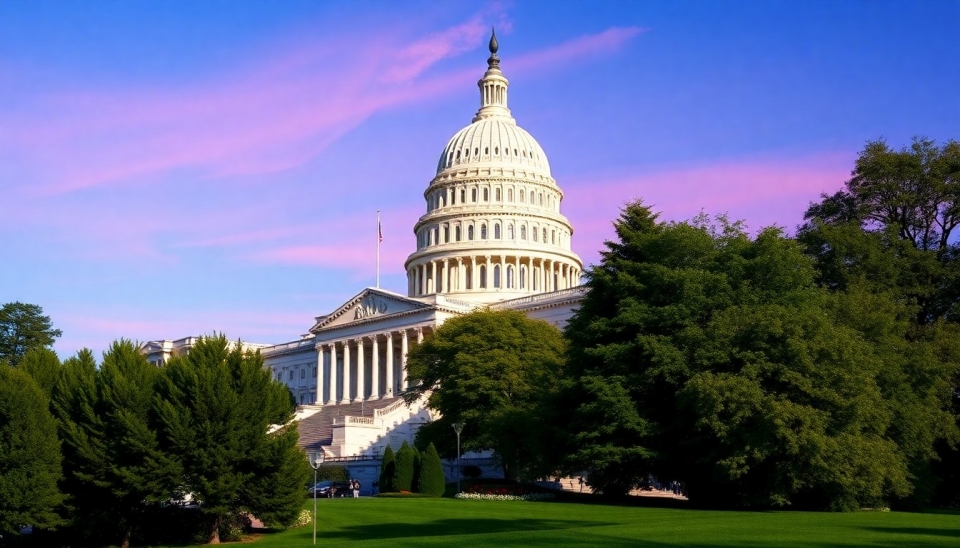
In a significant turn of events, venture capitalists (VCs) are intensifying their efforts to preserve the carried interest tax break, facing looming legislative hurdles that threaten this long-standing tax advantage. The carried interest provision allows fund managers to pay capital gains tax rates on a portion of their earnings rather than ordinary income tax rates, which can be substantially higher. This provision has enabled VCs to funnel billions into startups and other investments, promoting economic growth and innovation.
The urgency among VCs stems from recent discussions in Congress about potential tax reforms that could target this favored treatment, seen by critics as a loophole benefiting the wealthy. Lawmakers have expressed concerns that carried interest allows fund managers to pay lower taxes than the average worker, prompting calls for its elimination or alteration to increase federal revenue.
As concerns over budget deficits intensify, many VCs are gearing up for a robust battle. They are mobilizing their networks, leveraging their influence to lobby against any legislative changes that could jeopardize the carried interest provision. This newfound activism comes in response to previous failed attempts to amend the tax structure during budget negotiations, where similar efforts were thwarted by bipartisan pushback.
The debate surrounding the carried interest tax break is not just a financial issue; it raises broader questions regarding fairness in the tax system and the role of private investment in fostering innovation and job creation. Proponents of the tax break argue it incentivizes risk-taking among investors, ultimately benefiting the broader economy through the creation of new businesses and industries. They assert that changing the current structure could stifle investment and slow down economic growth.
Opponents counter that the tax break is an unnecessary subsidy for the wealthy elite, stressing the need for a more equitable tax system that does not disproportionately favor those already in lucrative positions. As this debate continues to unfold, both sides are gearing up for a significant lobbying effort, and the outcome may have profound implications for the future of venture capital in the United States.
In the coming months, as Congress grapples with various fiscal policies, the focus will undoubtedly remain on the carried interest provision. VCs and their allies are prepared to fight tooth and nail to protect this vital tax benefit, understanding its critical role in their industry and the economy at large. With both sides keen on influencing legislative direction, the outcome of this contentious issue remains uncertain.
#CarriedInterest #VentureCapital #TaxReform #EconomicGrowth #Investment #Startups #TaxPolicy
Author: John Miller




